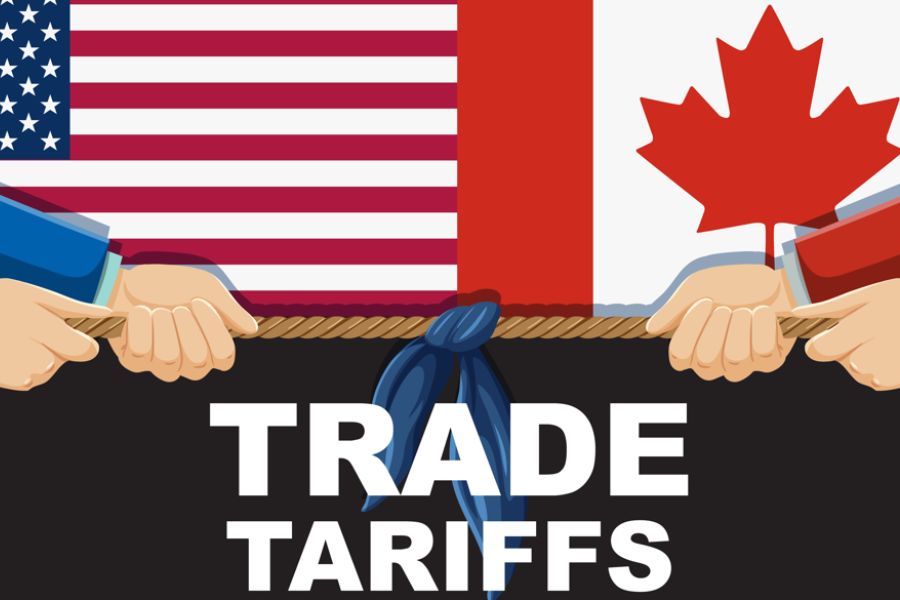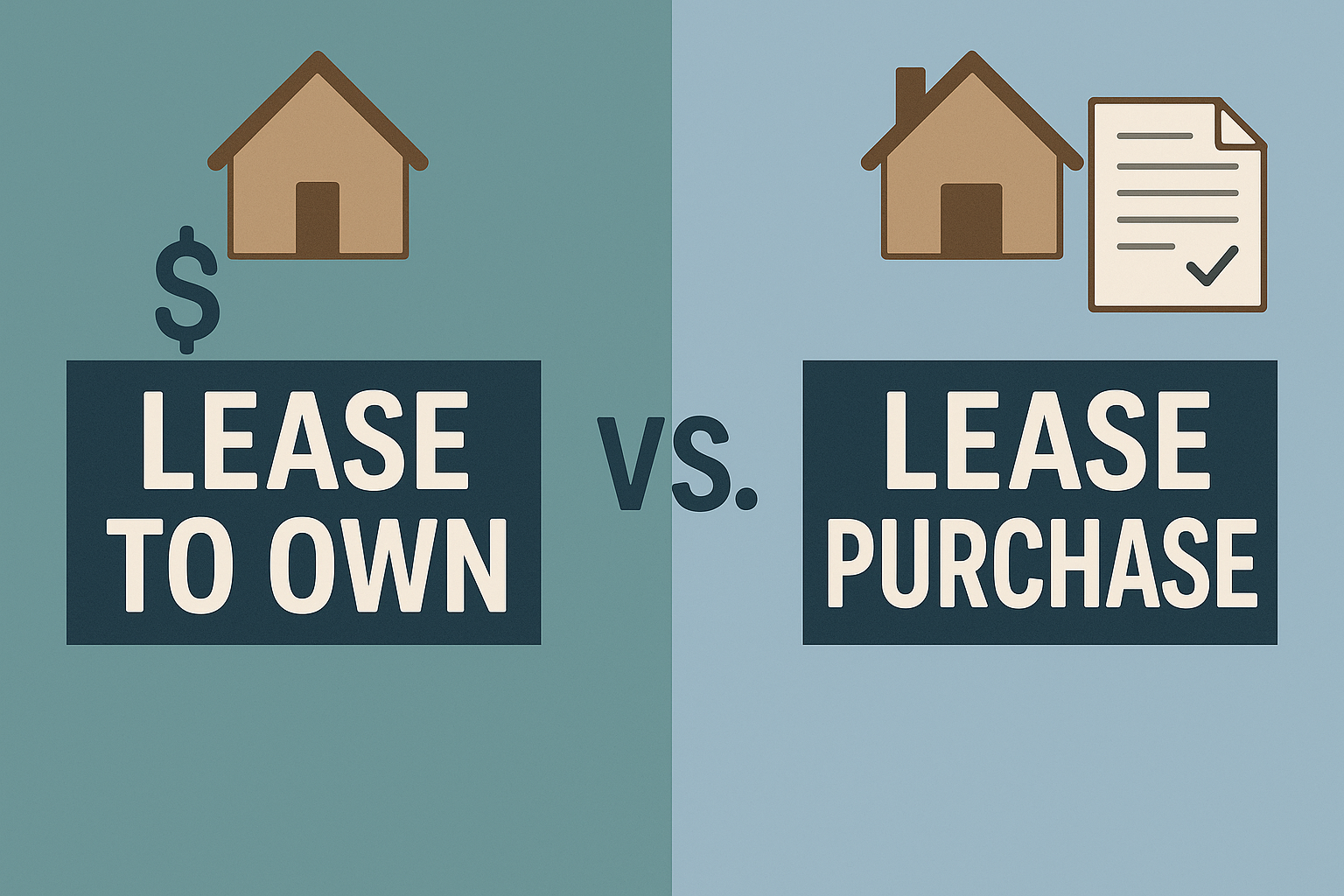What You Need to Know About Trucking Insurance

Trucking is the lifeline of Canada’s transportation economy. Over 134,000 trucking companies were active in 2019 alone with revenue of over $67 billion. Goods and commodities are safely shipped every single day in our country. In 2018, about 63 million total shipments were delivered annually. These points illustrate why having proper commercial trucking insurance is imperative for operations.
In this article, we’ll share some of the reasons you’ll want proper trucking insurance for your goods, your company, and your drivers. We’ll also highlight some optional insurance options for your vehicle or fleet.
Having Trucking Insurance is the Law
With a constant flow of transport companies and trucks on the road, the federal government ensures each vehicle and driver has basic trucking insurance to operate. In British Columbia, this is rigorously enforced by the Commerical Vehicle Safety and Enforcement (or the CVSE).
Therefore, any business owner, truck driver, or commercial transport business in any transportation activity needs trucking insurance. Driving without insurance results in significant fines that vary greatly by the province, upwards of $20,000, so it’s best to avoid it with proper trucking insurance.
For more detail, make sure to check our previous blog about why commercial trucking insurance is necessary.
Cargo Insurance
The physical goods you’re transporting are subject to damage in an accident. This is why the cargo inside of the truck is often covered in some trucking insurance packages. Provinces across Canada likely require more comprehensive insurance on dangerous goods such as chemicals or fuel. Ensure you talk with a trucking insurance provider to discuss your options based on your cargo.
Liability Trucking Insurance
Similar to regular auto insurance, liability protects your business and the public in case of an accident. General liability trucking insurance will cover the most common third-party trucking risks such as customer injury and client property damage. Truck liability is a mandatory policy of trucking insurance.
For hazardous materials trucks, a comprehensive insurance policy is required to cover cleanup costs due to spills. In the US, a $5 million policy is required by truckers transporting radioactive materials, gases, explosives and anything deemed poisonous.
Obtaining comprehensive general liability gives you and your fleet more coverage in more serious crashes. This is extremely important for accident victim coverage as well. If another motorist or pedestrian is injured and has bills associated with the accident, then the liability policy will help cover those bills. Comprehensive coverage can be specifically for your type of business as well.
Having improper liability coverage will result in hefty legal costs, and business downtime and could cause damage to your company’s reputation.
Trucking Insurance: Examples of Voluntary Coverage
Thankfully, trucking companies have plenty of options in terms of optional coverage. We understand that maintaining your fleet is just as important as buying new vehicles.
Some basic examples of voluntary trucking insurance coverage include:
- Physical Damage Coverage: Against natural disasters and even theft.
- Non-Trucking Liability: For trucks travelling without a trailer (deadheaded) or when off the road for service.
- Accident Downtime Protection: If you’re financing a truck, you don’t need to worry about your monthly payments until your truck is in repair.
- Write-off Protection: This coverage will pay you to assist in the unfortunate event of a vehicle write-off.
There are many more options that we offer at Blue Capital in terms of trucking insurance. Make sure to see our truck protection products.


